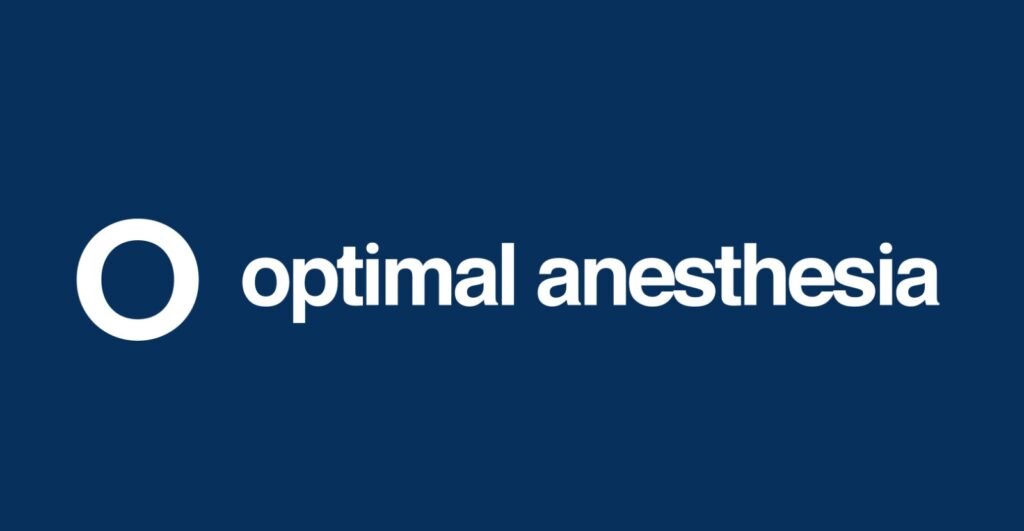Introduction:
- Acute adrenal crisis is a life-threatening condition.
- Requires careful management and awareness from anesthesia residents.
Pathophysiology:
- Sudden deficiency of cortisol and aldosterone.
- Often due to primary adrenal insufficiency, secondary adrenal insufficiency, or iatrogenic causes.
- Cortisol is critical in regulating blood pressure, glucose metabolism, and stress response.
Causes:
- Various causes, including:
- Underlying adrenal insufficiency (Addison’s disease)
- Abrupt cessation of exogenous glucocorticoid therapy
- Adrenal hemorrhage or infarction
- Severe stressors like surgery, trauma, or infection.
Clinical Presentation and Diagnosis:
- Symptoms include:
- Profound hypotension
- Tachycardia
- Dehydration
- Altered mental status
- Electrolyte imbalances (hyperkalemia, hyponatremia).
- Diagnosis relies on:
- Clinical suspicion
- Laboratory evaluation (low cortisol levels)
- Adrenal imaging to identify the underlying cause.
Preoperative Assessment:
- Perform a thorough preoperative assessment:
- Review medical history
- Medications (especially glucocorticoid use)
- Comprehensive physical examination.
- Consider laboratory tests (baseline cortisol levels) to gauge adrenal function.
Preoperative Management:
- Prompt initiation of stress-dose glucocorticoid therapy (usually hydrocortisone).
- Adequate fluid resuscitation to address hypovolemia.
- Close monitoring of:
- Hemodynamic parameters
- Electrolytes
- Blood glucose levels.
Anesthesia Considerations:
- Choose anesthetic agents and techniques that:
- Minimize the stress response
- Maintain hemodynamic stability.
- Recognize potential drug interactions with glucocorticoid replacement therapy.
- Be prepared to use vasopressors and inotropes judiciously to manage hypotension.
Complications and Mitigation Strategies:
- Awareness of potential complications:
- Cardiovascular collapse
- Electrolyte disturbances
- Hyperglycemia.
- Mitigation strategies include:
- Vigilant monitoring
- Prompt intervention
- Effective communication with the surgical team for coordinated care.
Postoperative Care:
- Includes continued glucocorticoid supplementation to address the patient’s stress response.
- Monitor for complications:
- Recurrent adrenal crisis
- Electrolyte imbalances
- Cardiovascular instability.
- Ensure a seamless transition to ongoing care.


